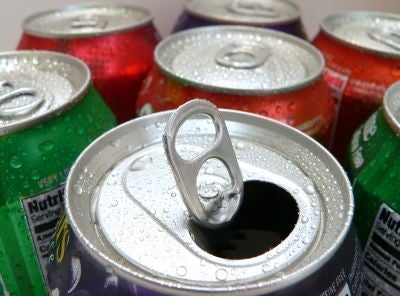Drinking diet sodas could harm kidneys over the long term

Your support helps us to tell the story
From reproductive rights to climate change to Big Tech, The Independent is on the ground when the story is developing. Whether it's investigating the financials of Elon Musk's pro-Trump PAC or producing our latest documentary, 'The A Word', which shines a light on the American women fighting for reproductive rights, we know how important it is to parse out the facts from the messaging.
At such a critical moment in US history, we need reporters on the ground. Your donation allows us to keep sending journalists to speak to both sides of the story.
The Independent is trusted by Americans across the entire political spectrum. And unlike many other quality news outlets, we choose not to lock Americans out of our reporting and analysis with paywalls. We believe quality journalism should be available to everyone, paid for by those who can afford it.
Your support makes all the difference.Women who think sugar-free beverages are a "safe" food might want to think again when popping open another can of diet soda.
A US health study has found that regular consumption of artificially sweetened sodas can affect kidney function over time.
A study of over 3,000 women over 11 years by researchers from Brigham and Women's Hospital in Boston compared the long-term effects of artificially sweetened drinks on kidney function. They found an increase in the likelihood of kidney decline in those who consumed between two or more servings per day of artificially sweetened soda.
There was no relation between intake of sugar-sweetened beverages and kidney decline, the researchers said.
And even after adjusting for other risk factors such as age, lifestyle, obesity, high blood pressure, diabetes and cardiovascular disease, the relation persisted, according to the study, which was presented October 31 at the American Society of Nephrology's annual meeting in San Diego.
The researchers said the findings of the study could point to the risks of drinking diet beverages. Sugar-free beverages are often considered healthier than those containing large amounts of sugar, but previous studies have shown that artificial sweeteners can trigger high insulin levels, which promotes the storage of fat.
Artificial sweeteners have also been associated with higher cancer risk, as well as having averse effects on liver function and causing gastrointestinal problems and headaches.
http://www.asn-online.org
Join our commenting forum
Join thought-provoking conversations, follow other Independent readers and see their replies
Comments